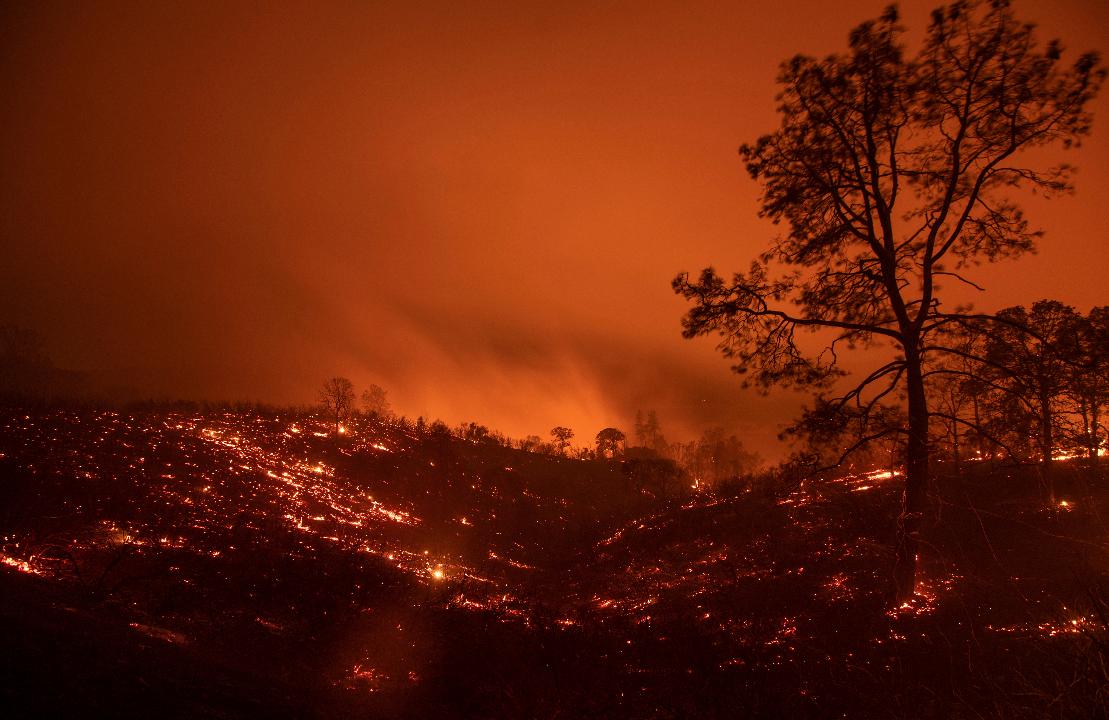California advances 100% carbon-free energy goal
California is aiming to generate 100 percent of its electricity from carbon-free sources.
State lawmakers voted Tuesday to pass legislation that would require carbon-free electricity production by 2045. The bill also calls for shorter-term goals, including 33 percent carbon-free power by the end of 2020 and 50 percent carbon-free power by the end of 2026.
The current version of the bill needs final approval from the state Senate, and then a signature from the state’s Democratic governor, Jerry Brown.
Brown told The Wall Street Journal in an interview last week that while he supported efforts to increase the state’s reliance on renewable energy, it was important for there to be a roadmap in place in order for the goal to be “credible.”
As noted by The Journal, the bill sets a goal for electricity generation from sources that are renewable and “zero-carbon.”
That definition could include things like nuclear power and coal plants with carbon capture and storage capabilities.
The vote comes as California is battling raging wildfires, which could rise in number by 50 percent by the end of the century, according to a recent statewide report.
Other Blue states, including New York, Massachusetts and New Jersey, are said to be considering similar initiatives. Meanwhile, Hawaii passed legislation in 2015 that would require all of its energy to be produced from renewables by 2045.
Earlier this year, California became the first state in the U.S. to require new homes to be built with solar panels. The California Energy Commission approved the proposal in May, set to go into effect in 2020, which applies to any homes or buildings up to three stories. Homes in the shade or otherwise unable to be fitted for installation may be exempted.




















